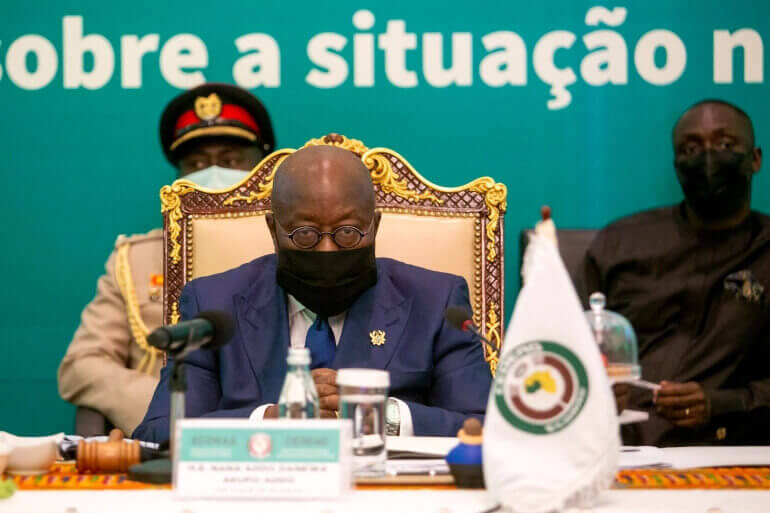The Economic Community of West African States (ECOWAS) has suspended Mali from the regional body over the latest military coup.
Last week, Malian Colonel Assimi Goïta, who led the coup last August that deposed President Ibrahim Boubacar Keïta and Prime Minister (PM) Boubou Cissé, dismissed and detained their replacements, President Bah N’Daw and Prime Minister Moctar Ouane. Subsequently, although N’Daw and Ouane were released, the constitutional court on Friday named Goïta as the new interim president. In truth. this is a post which he held in all but title following last August’s coup.
Until Friday, Goïta served as the Vice President and the chief of the National Committee for the Salvation of the People (CNSP), which is in charge of the transitional military council to return the country to civilian rule by March 2022, when the presidential election is scheduled.
In response to the latest changes, however, ECOWAS called for a “new civilian Prime Minister to nominated immediately” and for the transitional council to “reaffirm the need to respect the transition period of 18 months.” Justifying its decision to suspend Mali’s membership, ECOWAS said, “The Head of the transition, the Vice President and the Prime Minister of the transition should not, under any circumstances, be candidates for the forthcoming Presidential election.” Keeping this in mind, Ghanaian Foreign Minister Shirley Ayorkor Botchway said that Mali’s suspension would be in place until February 2022.
Curiously, however, ECOWAS did not ask Goïta to resign as president and only called for a new prime minister to be installed. Moreover, unlike last year, the regional body did not impose any sanctions on Mali and merely called for the formation of a “new inclusive government.”
In parallel developments, French President Emmanuel Macron threatened to withdraw all of his country’s troops from the country if Mali veers closer towards “radical Islamism.” He added that he had spoken with West African leaders and urged them not to support a country “where there is no longer democratic legitimacy or transition.” He also acknowledged France’s concern that any backwards steps in Africa’s development would result in Europe “paying dearly in terms of migration.”
The events in Mali have drawn widespread international condemnation. Last week, the United States, the United Kingdom, France, Germany, and ECOWAS released a joint statement describing the detentions as “reckless” and “ill-considered,” and warned that it “carries the risk of weakening the mobilisation of the international community in support of Mali.”
There are also sections of the Malian public have denounced the latest coup. However, there are also several citizens who have come out in support of Goïta and rallied against former colonial power France. In fact, last Thursday, many citizens in Bamako waved Russian flags, in an indication of how the military junta may be strengthening its ties with Russia to gain greater leverage in any potential negotiations with France.
All of this instability has led to concerns about a vacuum of power being created for terrorist groups to exploit, which could have disastrous consequences across the already embattled Sahel region.

